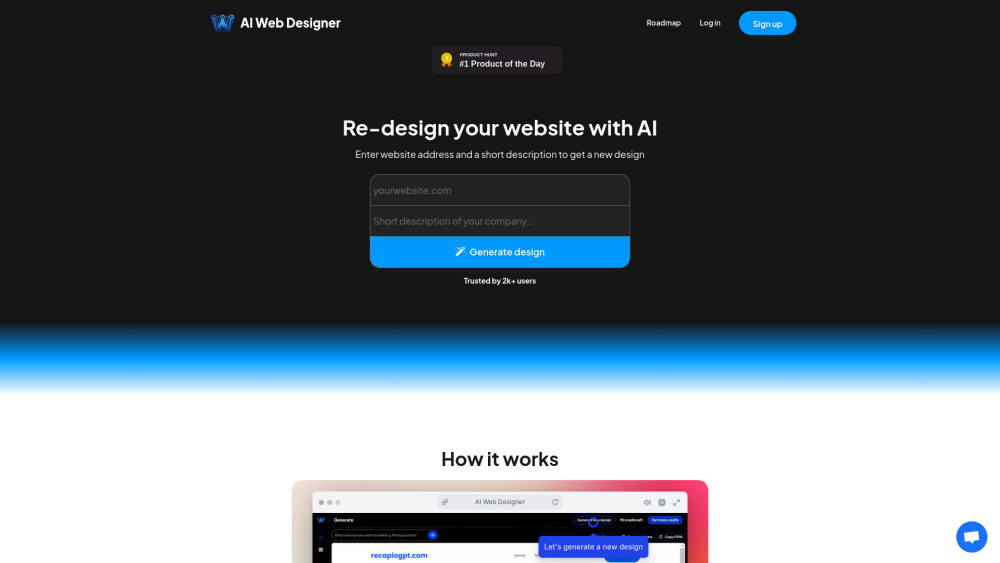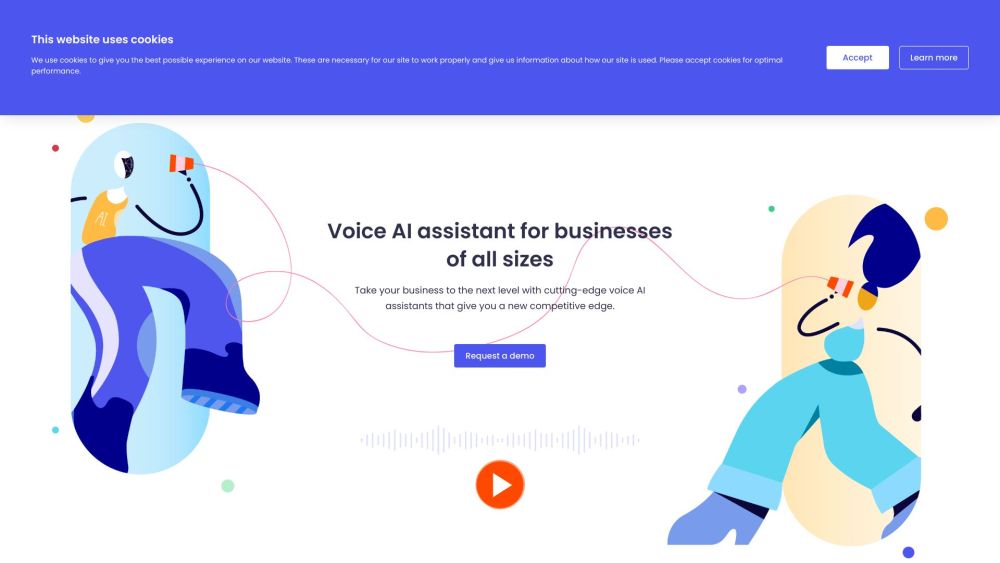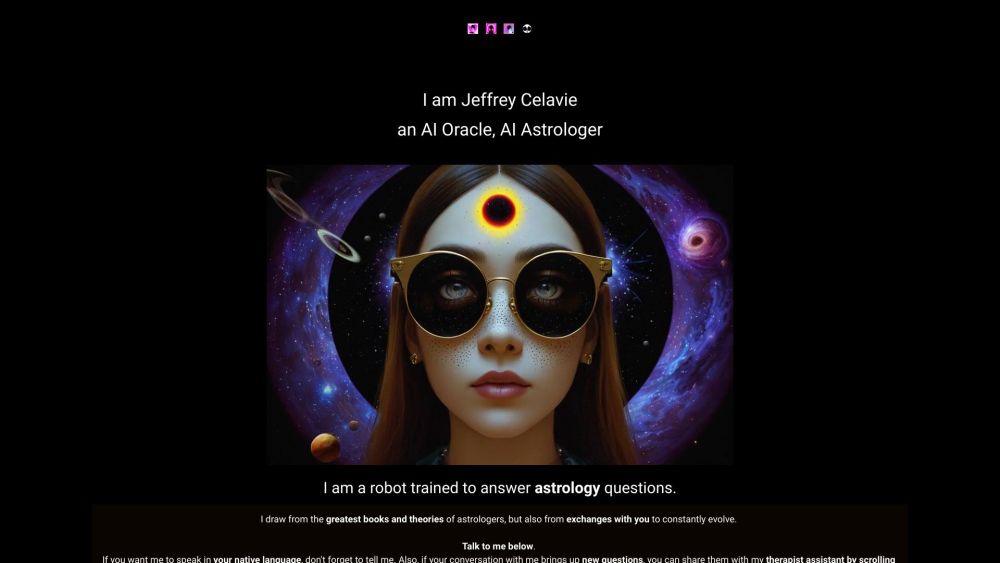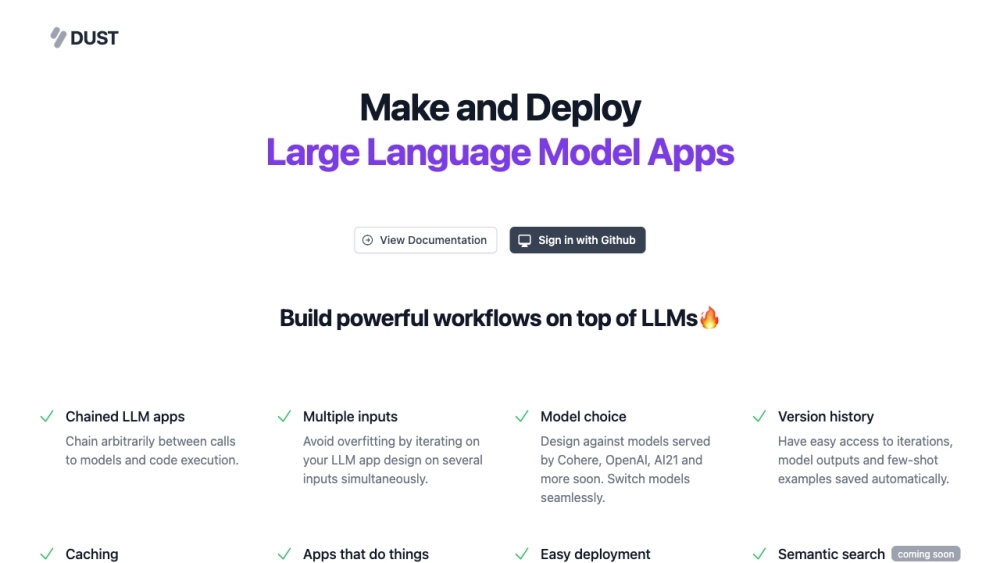Google AI Misses IMO Gold by a Hair: Outperforms Human Competitors in 19-Second Challenge
Most people like

In today's digital landscape, keeping your website fresh and engaging is crucial for attracting and retaining visitors. Our AI-driven website redesign tool leverages advanced algorithms to analyze user behavior and design trends, ensuring a seamless and dynamic online experience. This innovative solution empowers businesses to effortlessly enhance their web presence, improve user engagement, and ultimately boost conversions. Discover how our AI technology can transform your website into a powerful tool for growth.

Introducing the AI-powered voice assistant designed to enhance customer inquiries and boost engagement. This advanced tool revolutionizes the way businesses interact with their clients, ensuring swift responses and a personalized experience that keeps customers coming back. Discover how this innovative technology can transform your customer service approach.

Jeffrey Célavie AI Astrologer combines the power of artificial intelligence with the ancient wisdom of astrology to provide tailored insights that align with your unique astral personality. Discover how personalized guidance can illuminate your path!
Find AI tools in YBX
Related Articles
Refresh Articles

